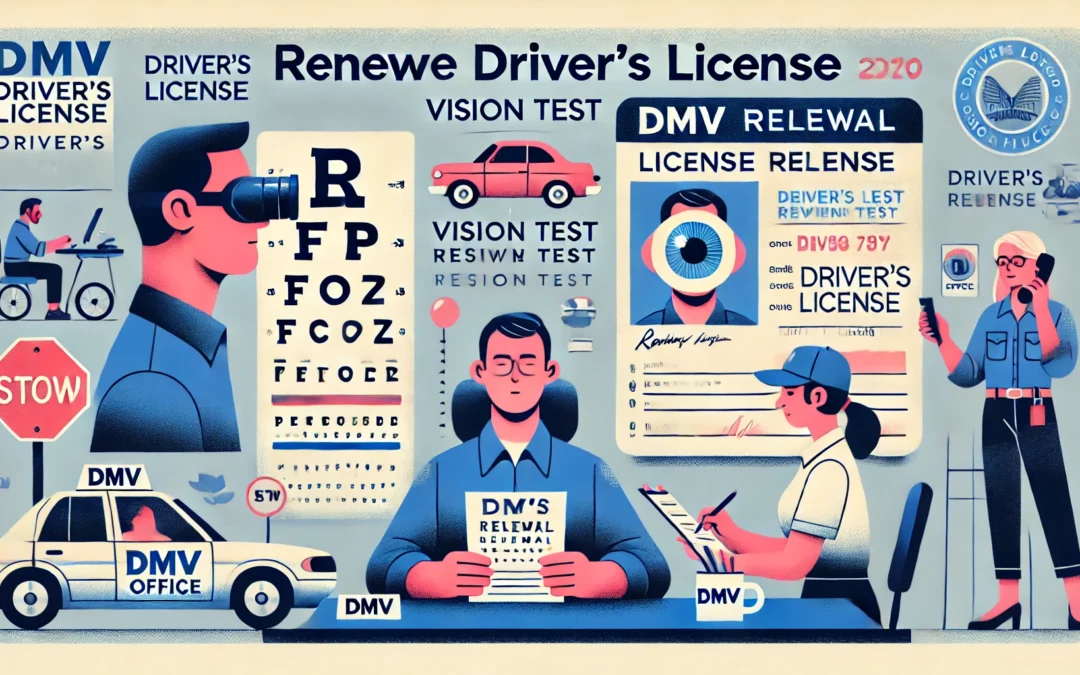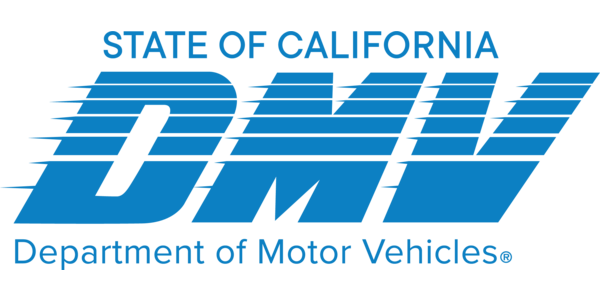Driver’s License Renewal: Keeping Your License Up to Date
Renewing your driver’s license is a routine but important task to ensure that you stay legally able to drive. Whether your license is expiring or you’ve been flagged for a renewal test, California’s renewal process is straightforward as long as you meet the necessary requirements. Here’s a guide to everything you need to know about renewing your driver’s license.
1. When to Renew Your Driver’s License
In California, driver’s licenses are typically valid for five years. You’ll receive a renewal notice from the Department of Motor Vehicles (DMV) approximately 60 days before your license expires. You can renew your license in the following situations:
- Before the expiration date: It’s important to renew on time to avoid penalties or driving illegally.
- After the expiration date: While there is a grace period, driving with an expired license is illegal, so renew as soon as possible if your license has expired.
- Early renewal: You may be able to renew early if you’re expecting to be out of state or unavailable when your renewal is due.
Renewing before your license expires keeps you on the road without interruption.
2. How to Renew Your License
There are several ways to renew your California driver’s license:
- Online renewal: If you’re eligible, renewing online through the DMV website is the most convenient option. You’ll need to provide your renewal notice, driver’s license number, and payment for the renewal fee.
- By mail: Some drivers may be eligible to renew by mail, especially if no major changes to their license are needed.
- In-person renewal: You must renew in person if the DMV requires additional tests, such as a vision or written test, or if your license has expired for an extended period.
In-person renewals may require you to provide proof of identity, pass a vision test, or update your photo.
3. Vision and Knowledge Tests
As part of the renewal process, some drivers, particularly seniors or those with certain medical conditions, may need to take additional tests:
- Vision test: If your renewal notice indicates the need for a vision test, you’ll need to visit a DMV office. If you wear corrective lenses, be sure to bring them to your appointment.
- Written test: Drivers may be asked to take a written test if they’ve had driving violations or other issues. The test covers traffic laws, signs, and safe driving practices.
Staying prepared by keeping up with the latest California traffic laws can help you pass any required tests smoothly.
4. Fees for License Renewal
Renewal fees for a driver’s license in California depend on the type of license and whether any additional tests or processes are required:
- Standard license renewal: The fee is typically around $38.
- Late renewals: If you let your license expire, there may be additional penalties or fees.
- Senior drivers: Some renewal processes for seniors are free of charge, though additional tests like the vision exam may still be required.
Be sure to check your renewal notice for the exact fee and payment options.
5. Special Cases for Renewal
There are certain cases where the renewal process may differ:
- Military personnel: Active-duty military members stationed out of state can receive extensions for renewing their licenses, allowing them to renew after they return to California.
- Medical conditions: If you have a medical condition that affects your ability to drive, you may be required to submit medical documentation during the renewal process to demonstrate that it’s safe for you to continue driving.
These special cases require careful attention to DMV guidelines to ensure a smooth renewal.






Recent Comments